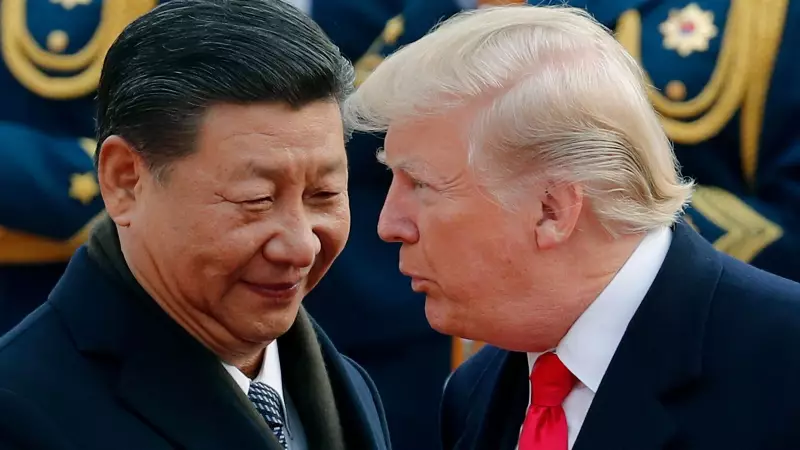
In a development that could dramatically reshape global security dynamics, former President Donald Trump has reportedly directed his team to explore the possibility of conducting the first US nuclear test in decades. This potential move comes amid growing concerns about China's rapidly expanding nuclear arsenal and represents a significant escalation in great power competition.
The Nuclear Testing Directive
According to sources familiar with the matter, Trump has ordered advisors to prepare plans for potential nuclear weapons testing. While no final decision has been made, the mere consideration of resuming testing marks a radical departure from decades of US nuclear policy and international norms.
The United States has observed an informal moratorium on nuclear testing since 1992, with the last explosive test conducted in September of that year. A return to testing would fundamentally alter the global nuclear landscape and likely trigger responses from other nuclear-armed nations.
China's Growing Nuclear Threat
The potential testing consideration comes against the backdrop of what US officials describe as China's "breathtaking" nuclear expansion. Recent intelligence suggests Beijing has more than tripled its nuclear warhead count in recent years, with estimates now placing their arsenal at over 500 weapons.
This rapid buildup has raised alarm bells in Washington, where policymakers worry about China achieving nuclear parity with the United States sooner than previously anticipated. The modernization includes advanced delivery systems, hypersonic weapons, and new missile silo fields that could significantly enhance China's strategic strike capabilities.
Global Implications and Reactions
The potential resumption of US nuclear testing would likely have far-reaching consequences:
- Arms Race Escalation: Other nuclear powers, including Russia and China, would likely respond with their own testing programs
- Non-Proliferation Impact: The Comprehensive Nuclear-Test-Ban Treaty, though not ratified by the US, could be effectively undermined
- Environmental Concerns: Renewed testing would raise significant environmental and health questions
- Diplomatic Fallout: US allies and adversaries alike would need to recalibrate their security strategies
Strategic Calculations
Trump's consideration of nuclear testing appears driven by several strategic factors. The former president has repeatedly emphasized the need for American military supremacy and has expressed frustration with what he perceives as China's unchecked nuclear advancement.
Additionally, there are concerns about the reliability and effectiveness of the existing US nuclear stockpile without periodic testing. Proponents argue that testing ensures the weapons remain functional and credible as deterrents.
However, critics warn that resuming testing could open Pandora's box, triggering a new global arms race at a time when existing nuclear agreements are already fraying. The move would also represent a significant departure from the US position as a leader in non-proliferation efforts.
As the situation develops, the world watches closely to see if the United States will take the dramatic step of resuming nuclear testing after more than thirty years—a decision that could redefine global security for generations to come.





